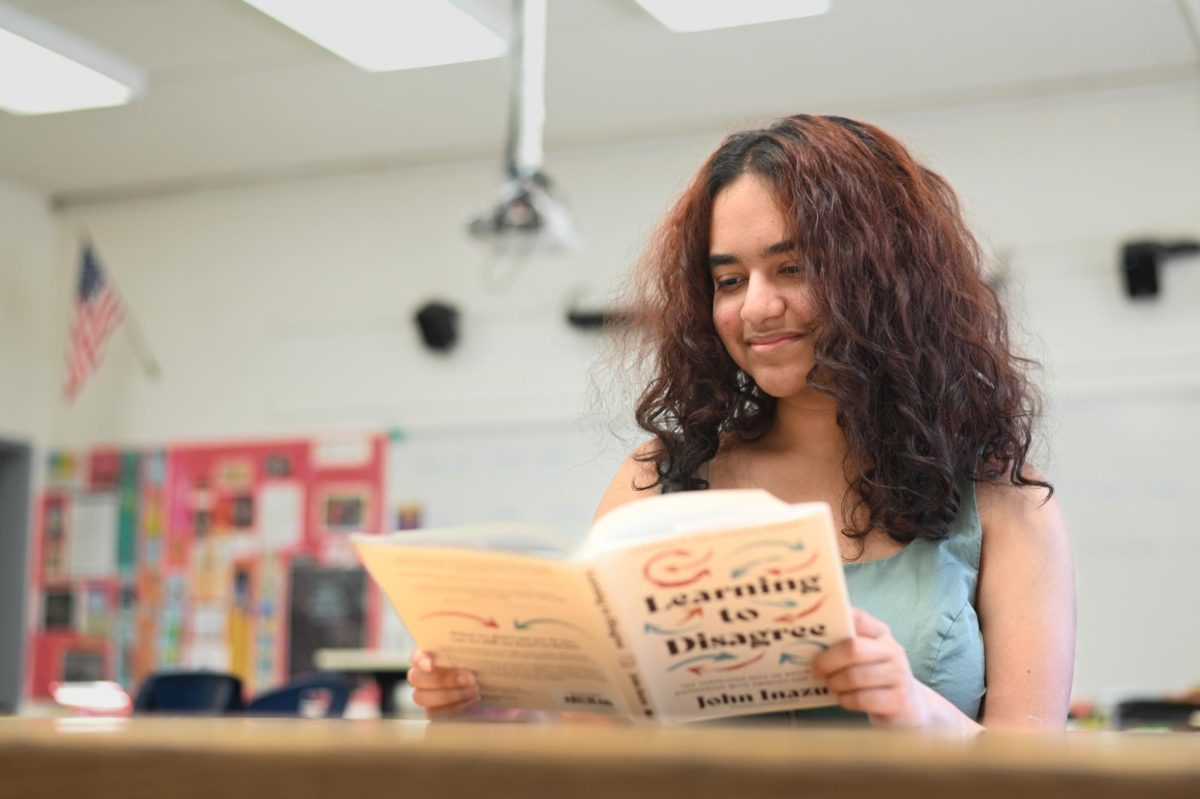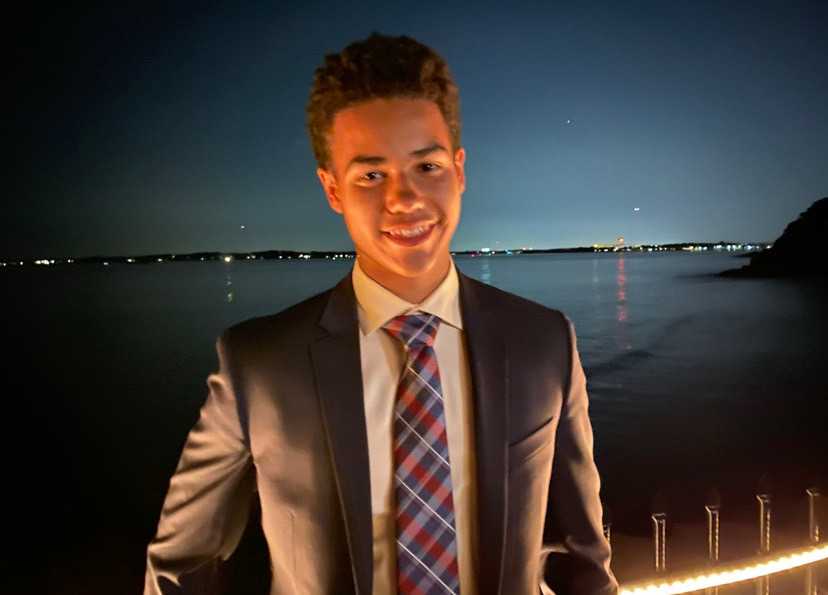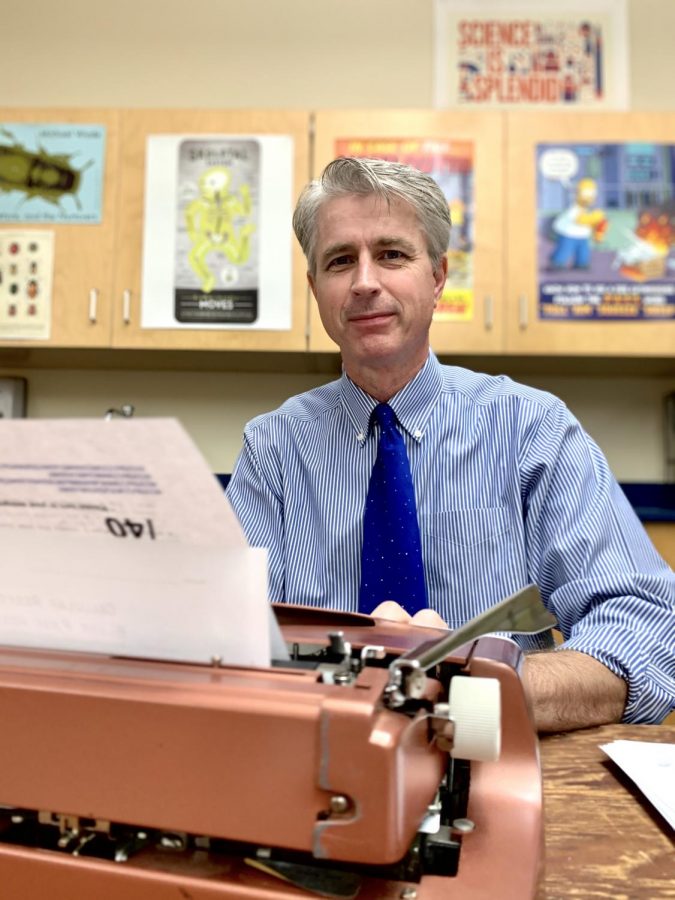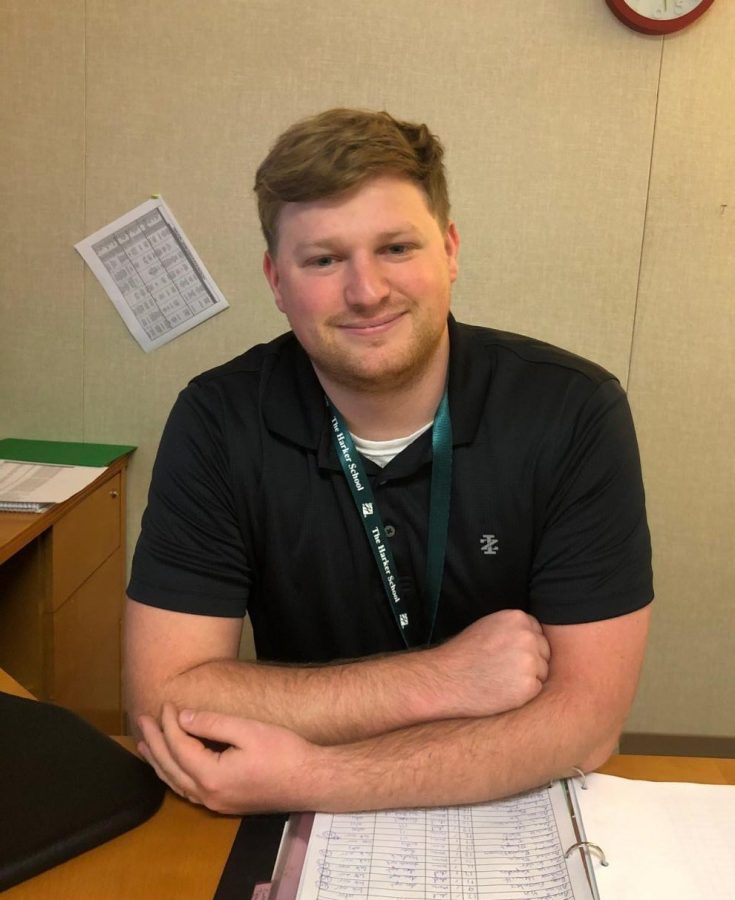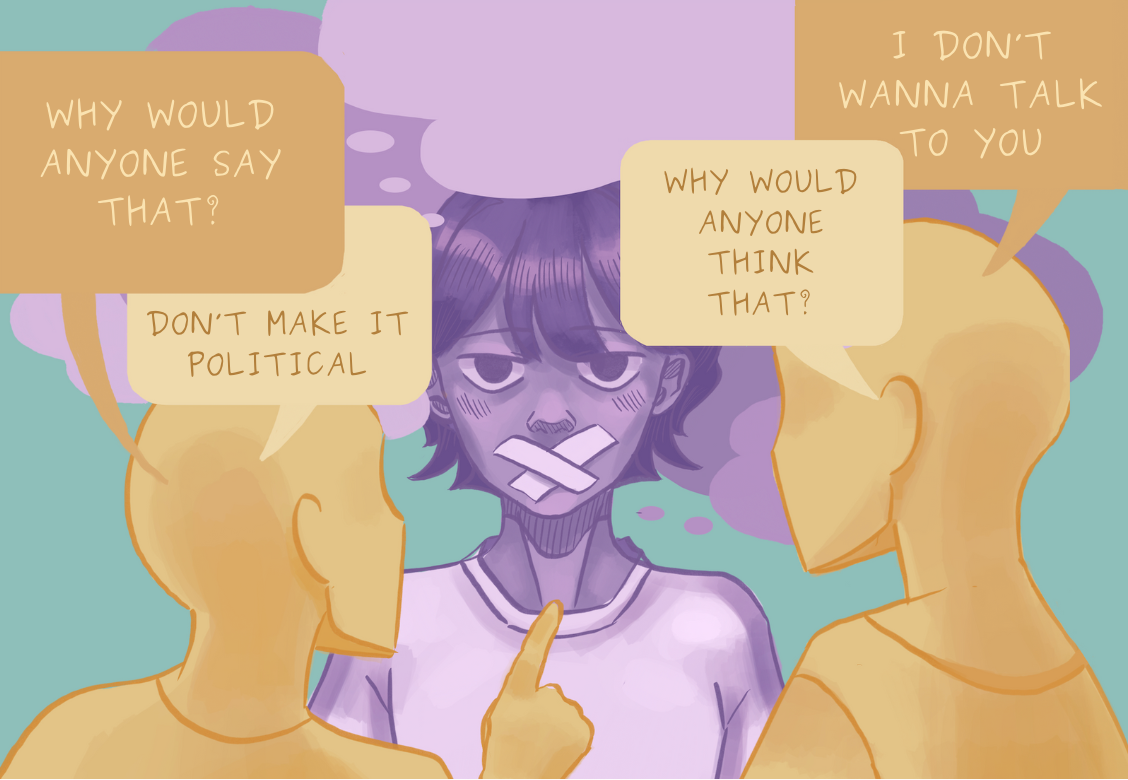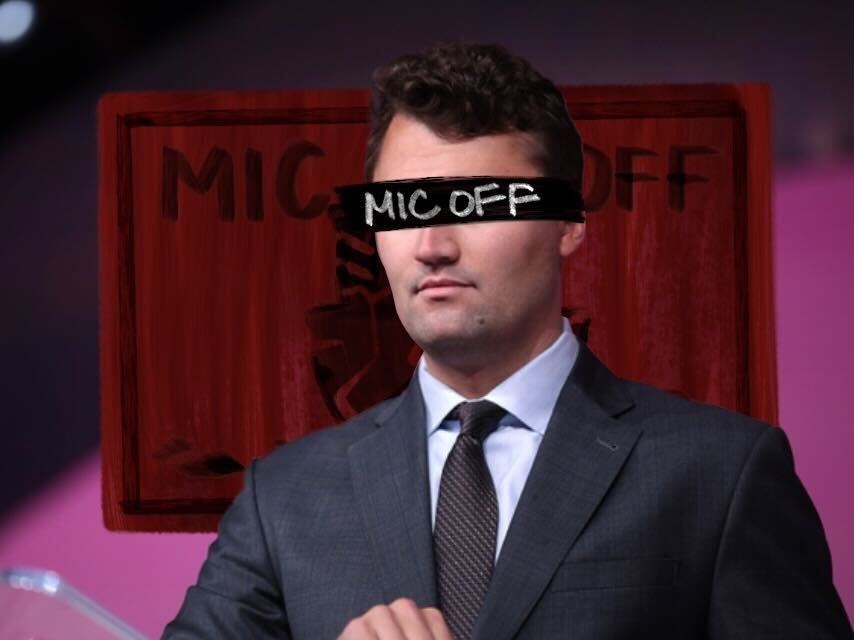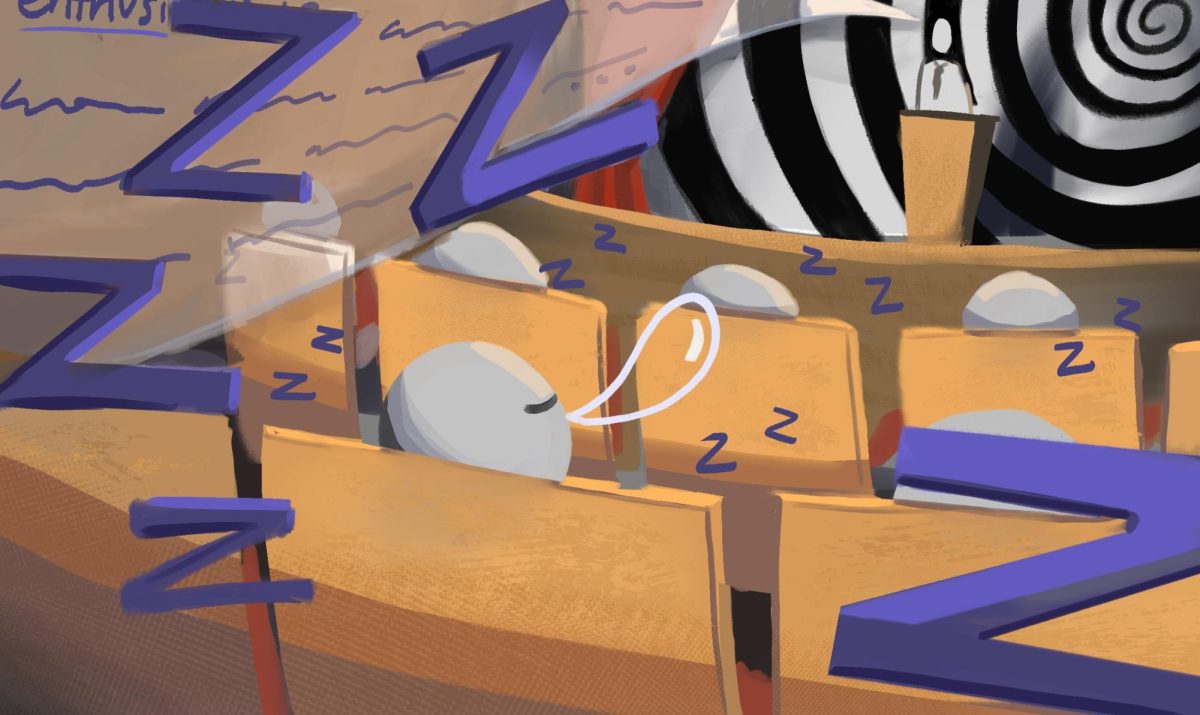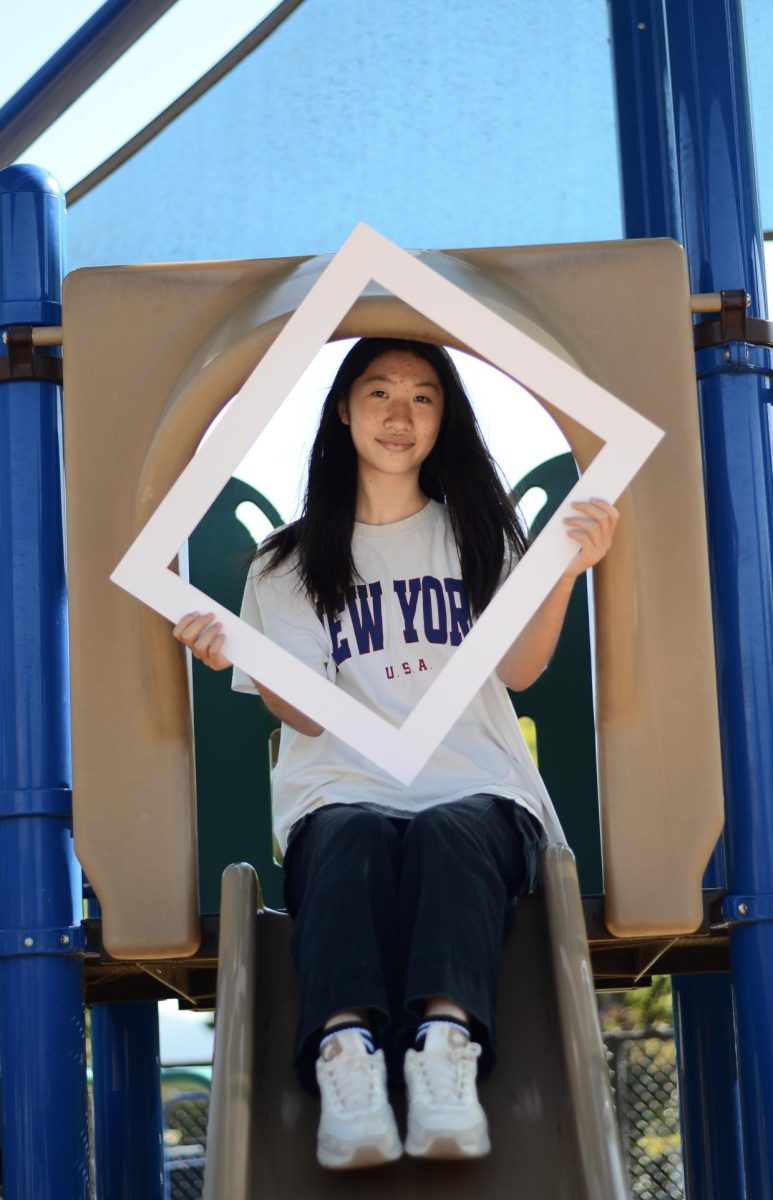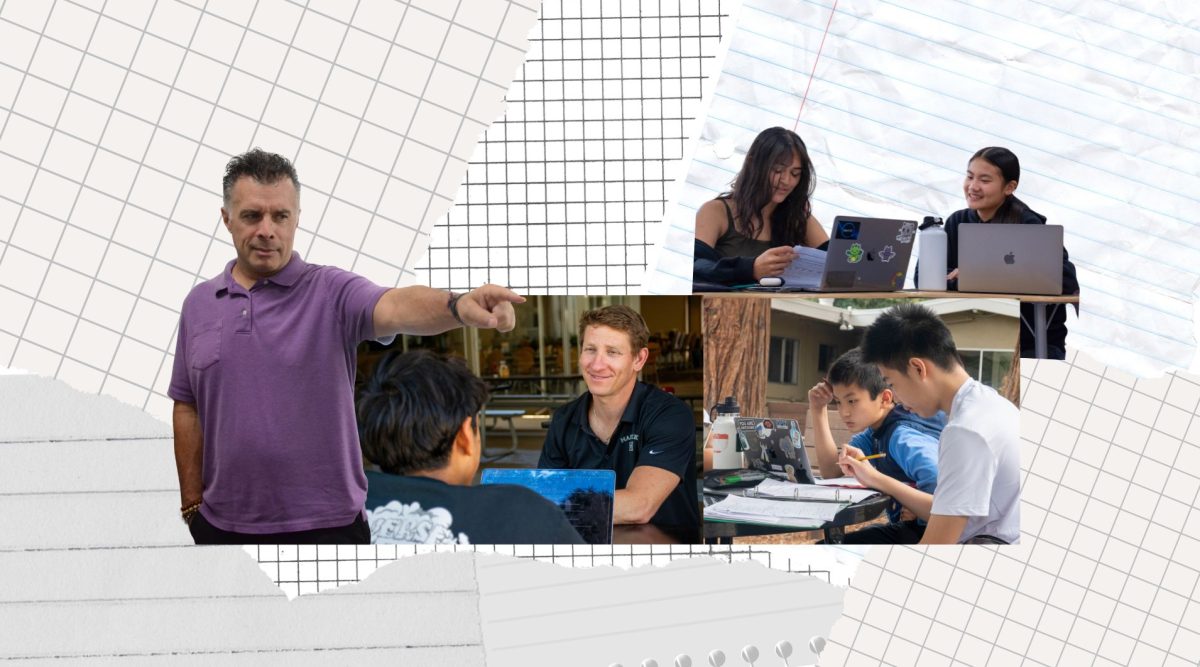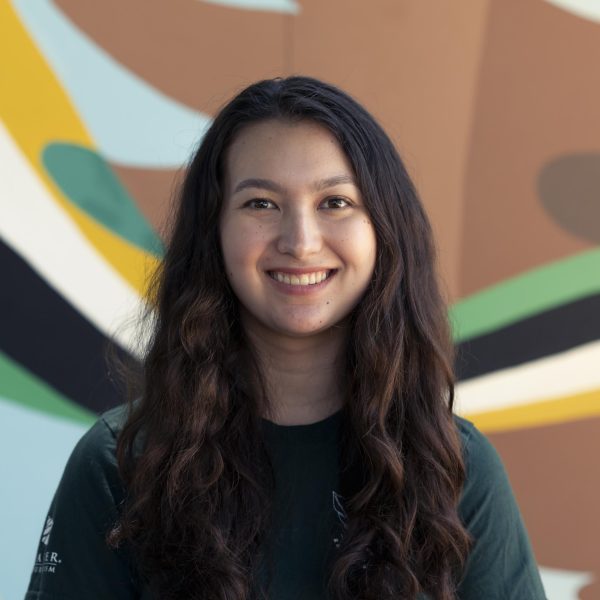In June 2022, the country was struck with news directly impacting more than half the population—and responses ranged anywhere from fury to shock to relief. Roe v. Wade, the monumental decision defending abortion laws across the country, had been overturned.
At the time, I was about halfway through my AP Chemistry summer course. We were creeping up on the midterm, but, all that evening, I could focus only on the dangers that awaited those confined by this decision. I thought about people who could not financially support children, or wanted to pursue other aspects of their lives, or may have even … been forced into their situations.
After a week of silence and grief (and a disappointing Chemistry exam), I decided I would follow my “civic responsibility.” I wrote detailed, nuanced statements to post on social media, discussed the SCOTUS decision with as many people as I could, and began researching how California planned to protect those from other states seeking abortions. As months passed, I heard rumors about potential contraception bans, border-crossing limitations, and even the reversal of Loving v. Virginia (interracial marriage). Needless to say, I was terrified.
In accordance with my brewing fear, I began reacting coldly to anyone who supported or even felt indifferent to Roe’s reversal. These people, I thought, did not understand the severity of the situation. They are oblivious to the world. And I continued to believe this for the next 24 months.
This past summer, I was forced to confront my ideas. I had the honor of interning for a few district attorneys in Alameda County, all of whom came from different ethnic, religious, economic, and social backgrounds. One second, I was arguing with someone over coyotes (who I continue to affirm are adorable), and the next, I was debating the constitutionality of certain local laws. With every discussion, I left knowing simultaneously more and less than I had before.
And one day, while discussing a specific case decision in my county that I disagreed with, an attorney brought up the overturning of Roe v. Wade—asserting that Roe had no constitutional basis in the first place.
I was stunned.
How could this attorney, someone with many of the same beliefs as myself, feel so strongly opposed to Roe? Had I misunderstood his political standing? Was he perhaps more conservative than I expected? I was wearing an LGBTQ+ pin on my clothing at the time—what if he had unexpected notions about that as well?
Social media and widespread partisanship had led me to believe that one idea defined an individual’s political party, and thus all their other ideas. It was difficult to hear a critique of Roe without subconsciously associating the stance with conservatism, and this in turn led to my assuming the attorney’s other social views. I had taken one independent opinion and conflated it into a larger representation of his ideology.
Spiraling into my own thoughts, I found myself unable to hear his next words. Maybe he elaborated. Maybe he didn’t. And, the truth is, I will never know. So I simply stood, smiled, and excused myself once I noticed the conversation had ended.
As I walked to the legal library, my theories stirring in my mind, I struggled to quell my bewilderment. I knew I could not calm myself without speaking to somebody. So I turned to one of the other people around my age also at the office, letting them know about this lawyer’s statement. “What are your thoughts on that,” I queried. My coworker, now standing beside her desk, uttered “I thought he was a good person. I guess not.”
Before I could respond, I noticed the distraught expression on her face. Her frown was painted with betrayal—condemning forehead wrinkles only slightly calmer than the stone in her eyes. I watched as her hand rolled into a fist, but the marks from her nails later revealed that she was not as aware. Feeling myself begin to feed off her rage, I sat in front of her and pulled out my laptop.
Only at that point did I realize that the attorney could have had a point. He did study constitutional law, and his degree spoke volumes more than my one year of taking US History. Initially, I wanted to help my coworker take a breather and prevent her own spiral, but, as I scrolled through articles and even dissertations criticizing the original Roe decision for its reasoning, I learned that the case was not as clear-cut as I had previously believed. Descriptions of constitutional clauses led me to look for other critiques of Roe, and I eventually found myself falling down a rabbit hole of issues surrounding abortion in general.
Today, I continue to identify as pro-choice. My interpretation of the constitution differs from others’, and that is part of what makes up our democratic political system.
But I also realized how quickly I diverged from another part of our system—my civic responsibility. Stated simply, this responsibility is a dedication to participating in our democracy—whether through educating oneself, speaking up for one’s beliefs, voting, joining political groups, or many other expressions of opinion. I learned this past summer that educating oneself means exposure to opinions and thoughts that not only stem from different perspectives but also may seem wildly incompatible with one’s own truth.
Hearing others’ beliefs may be difficult or even painful, but a world where we shut each other out completely will hurt us exponentially more. I want to live in a community where even those who disagree with me listen to what I have to say, and I must offer the same courtesy to others. We must offer the same courtesy to others.
From this point forward, we should vow to uphold our civic responsibility — in all parts of its definition.




![LALC Vice President of External Affairs Raeanne Li (11) explains the International Phonetic Alphabet to attendees. "We decided to have more fun topics this year instead of just talking about the same things every year so our older members can also [enjoy],” Raeanne said.](https://harkeraquila.com/wp-content/uploads/2025/10/DSC_4627-1200x795.jpg)


















![“[Building nerf blasters] became this outlet of creativity for me that hasn't been matched by anything else. The process [of] making a build complete to your desire is such a painstakingly difficult process, but I've had to learn from [the skills needed from] soldering to proper painting. There's so many different options for everything, if you think about it, it exists. The best part is [that] if it doesn't exist, you can build it yourself," Ishaan Parate said.](https://harkeraquila.com/wp-content/uploads/2022/08/DSC_8149-900x604.jpg)




![“When I came into high school, I was ready to be a follower. But DECA was a game changer for me. It helped me overcome my fear of public speaking, and it's played such a major role in who I've become today. To be able to successfully lead a chapter of 150 students, an officer team and be one of the upperclassmen I once really admired is something I'm [really] proud of,” Anvitha Tummala ('21) said.](https://harkeraquila.com/wp-content/uploads/2021/07/Screen-Shot-2021-07-25-at-9.50.05-AM-900x594.png)







![“I think getting up in the morning and having a sense of purpose [is exciting]. I think without a certain amount of drive, life is kind of obsolete and mundane, and I think having that every single day is what makes each day unique and kind of makes life exciting,” Neymika Jain (12) said.](https://harkeraquila.com/wp-content/uploads/2017/06/Screen-Shot-2017-06-03-at-4.54.16-PM.png)








![“My slogan is ‘slow feet, don’t eat, and I’m hungry.’ You need to run fast to get where you are–you aren't going to get those championships if you aren't fast,” Angel Cervantes (12) said. “I want to do well in school on my tests and in track and win championships for my team. I live by that, [and] I can do that anywhere: in the classroom or on the field.”](https://harkeraquila.com/wp-content/uploads/2018/06/DSC5146-900x601.jpg)
![“[Volleyball has] taught me how to fall correctly, and another thing it taught is that you don’t have to be the best at something to be good at it. If you just hit the ball in a smart way, then it still scores points and you’re good at it. You could be a background player and still make a much bigger impact on the team than you would think,” Anya Gert (’20) said.](https://harkeraquila.com/wp-content/uploads/2020/06/AnnaGert_JinTuan_HoHPhotoEdited-600x900.jpeg)

![“I'm not nearly there yet, but [my confidence has] definitely been getting better since I was pretty shy and timid coming into Harker my freshman year. I know that there's a lot of people that are really confident in what they do, and I really admire them. Everyone's so driven and that has really pushed me to kind of try to find my own place in high school and be more confident,” Alyssa Huang (’20) said.](https://harkeraquila.com/wp-content/uploads/2020/06/AlyssaHuang_EmilyChen_HoHPhoto-900x749.jpeg)



